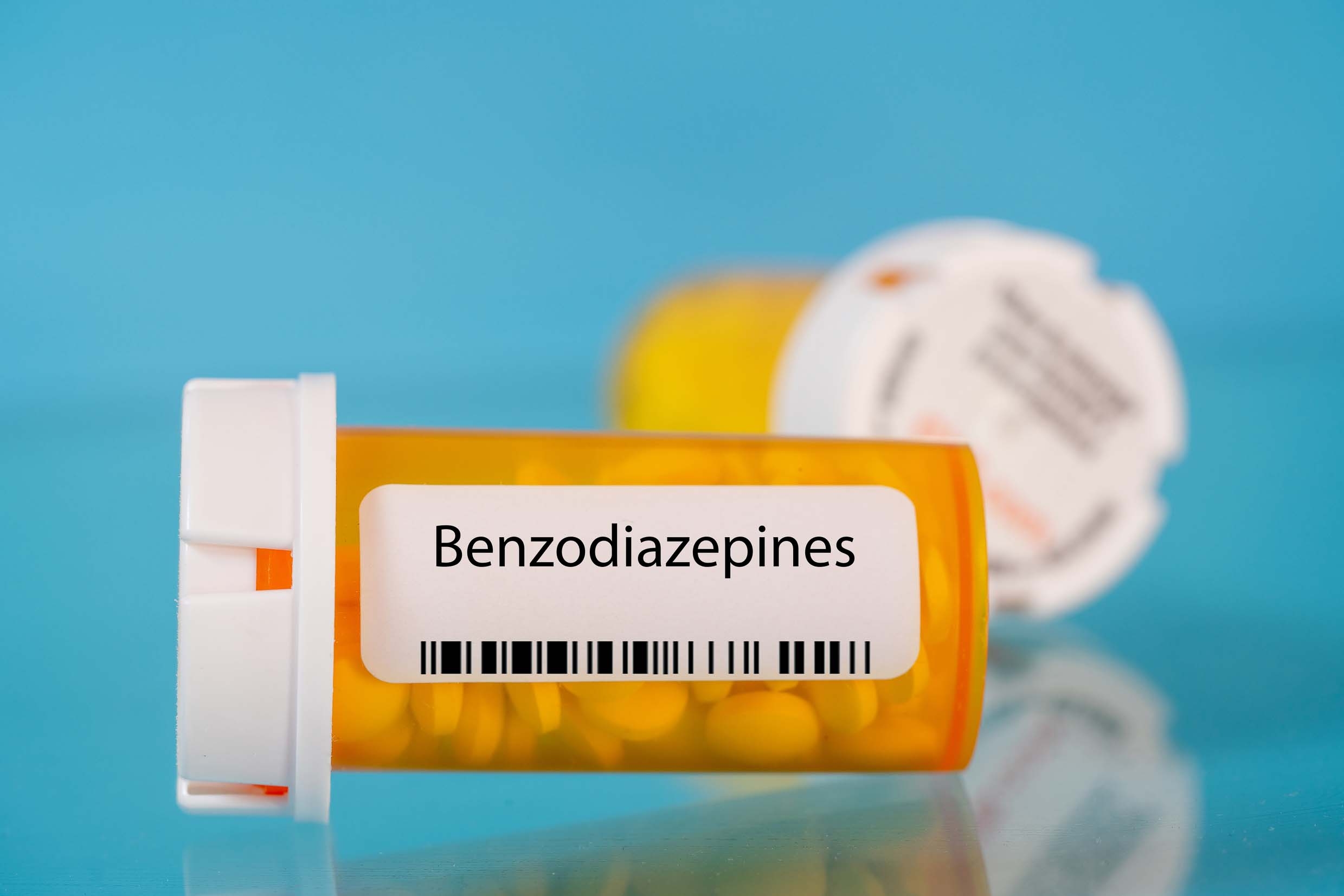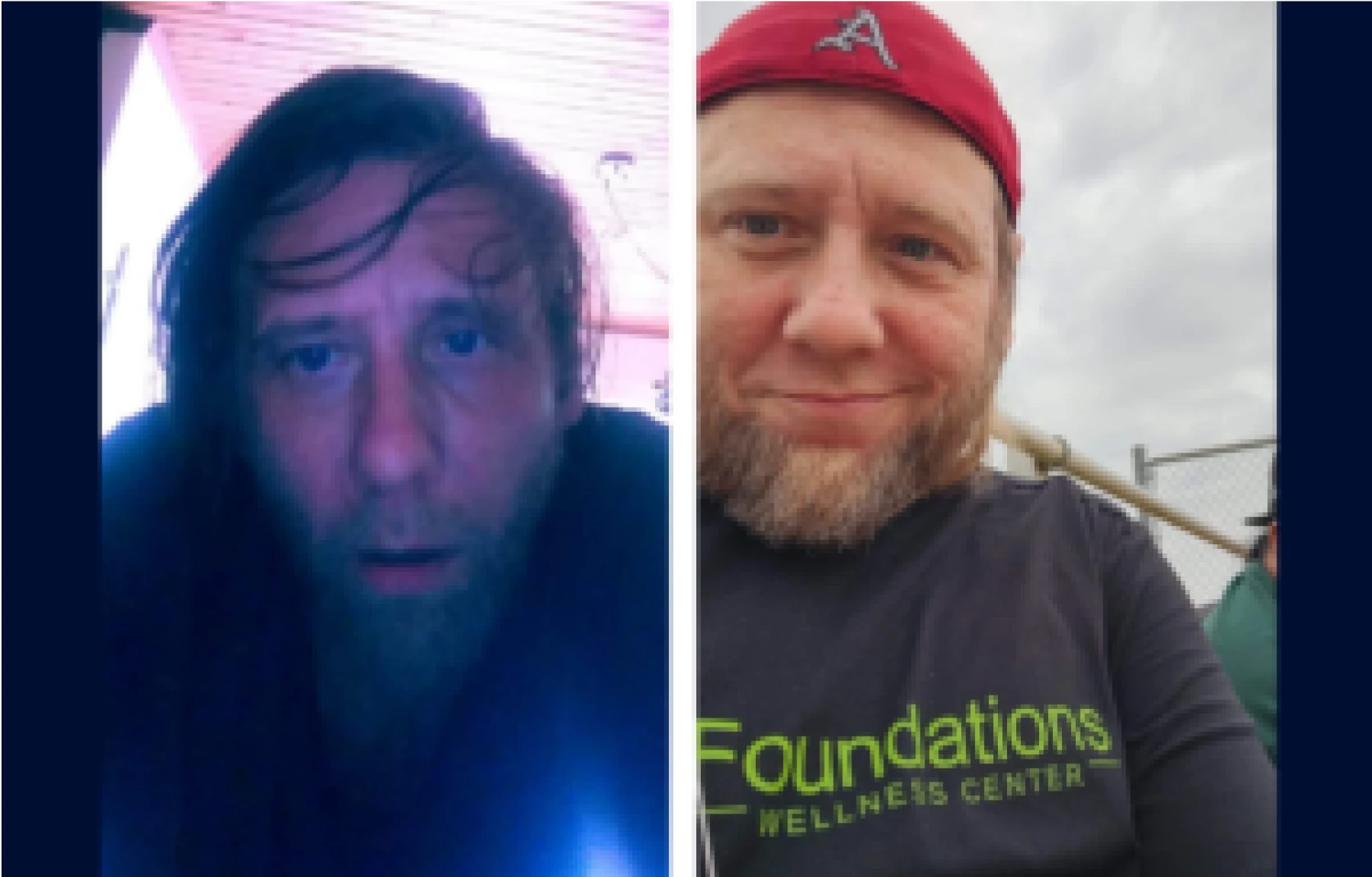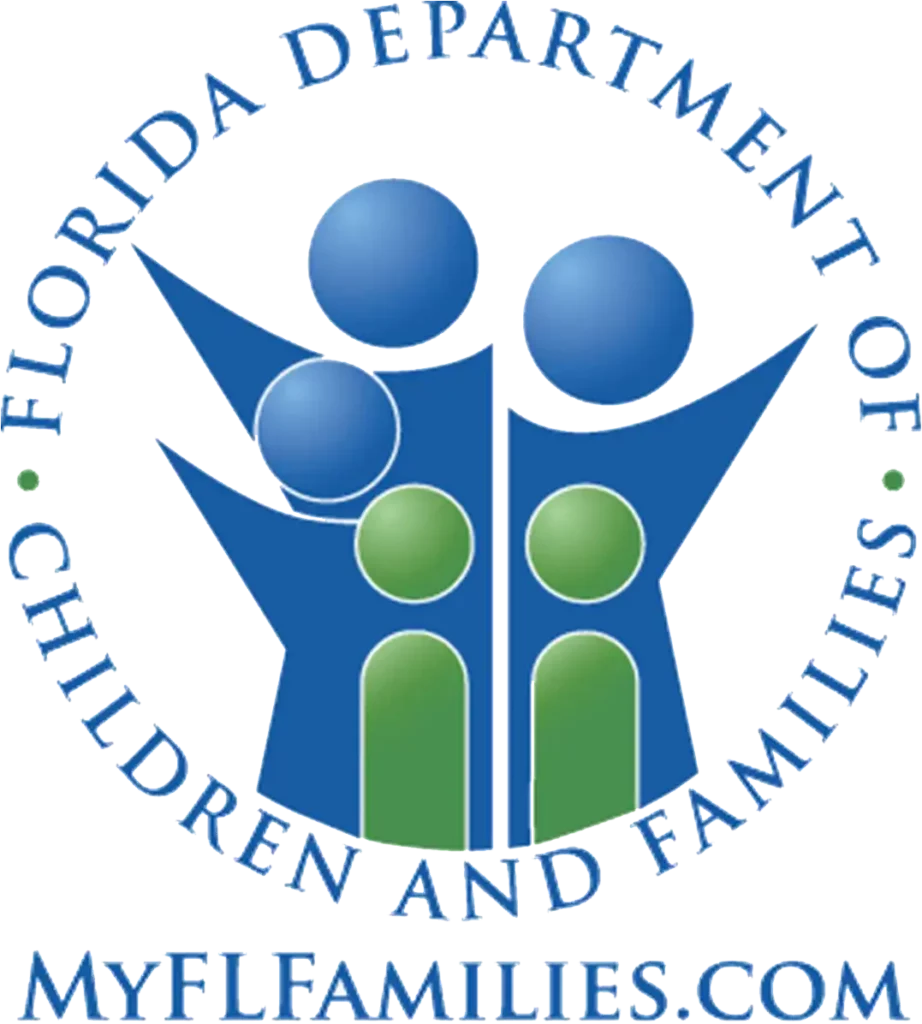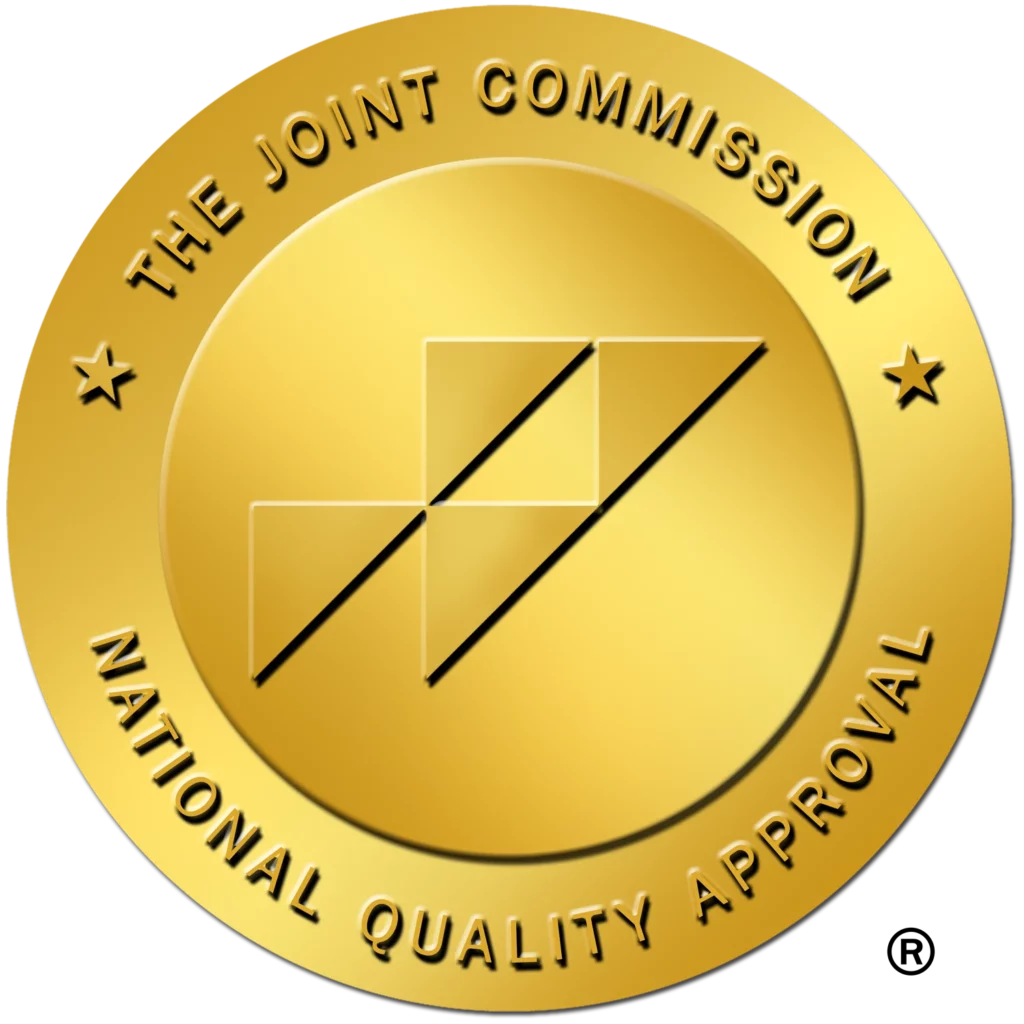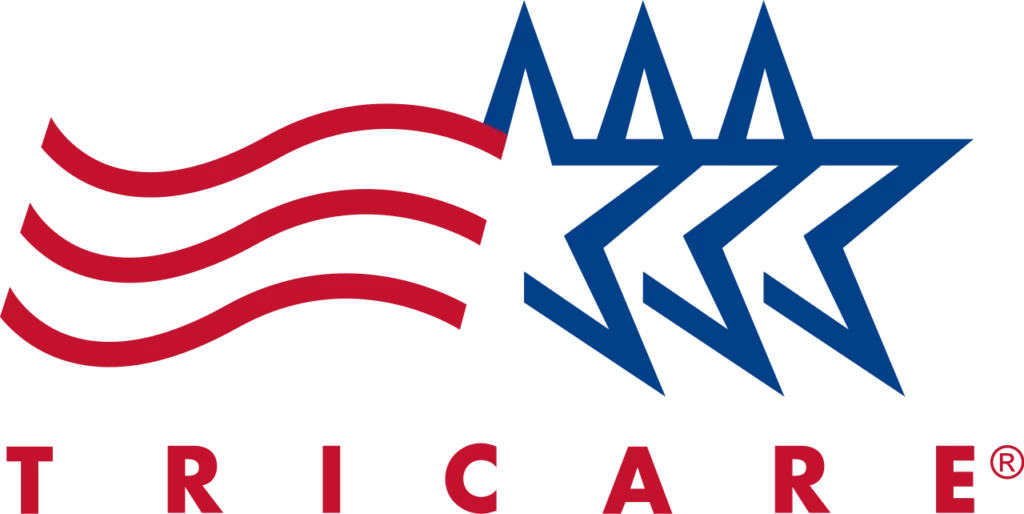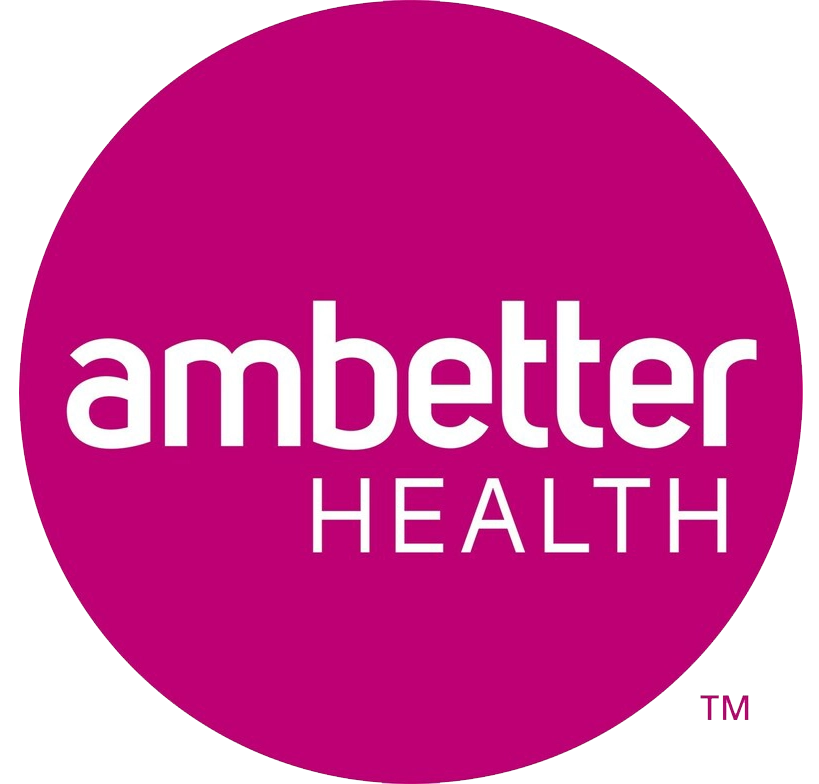The Florida Marchman Act: What You Need to Know
This entry was posted in Addiction Recovery and tagged Marchman Act, Marchman Act Florida on November 14, 2019 by Justin Baksh, MS, LMHC, MCAP, Chief Clinical Officer.

Florida’s Marchman Act allows the judicial system to temporarily detain, assess and place individuals into substance abuse treatment involuntarily. There are certain requirements to be met and a process to move through before this happens. All evaluations are made by (and treatment orders hinge on) the opinion of a qualified addiction treatment professional.
The official name of the law is the Hal S. Marchman Alcohol and Other Drug Services Act of 1993. As of 2016, it has been taken advantage of as many as 10,000 times or more a year in Florida, according to Healthline.com.
Reflecting the widespread nature of the opioid epidemic, 37 states and the District of Columbia had some form of similar law in place as of June 2018.
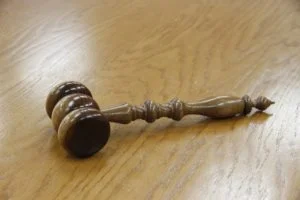
What are the Florida Marchman Act Requirements?
The initial Marchman Act petition is for involuntary assessment and stabilization of an individual for substance abuse.
The first requirement is that the petition must be filed in good faith, meaning that it is not a ruse to detain an innocent party.
It must also be filed by someone who has direct knowledge (or reason to believe) that the person does not have control over their substance abuse and that they are at risk of harming themselves or others unless they have treatment.
Changes to the Florida Marchman Act as of July 1, 2016, allow just one unrelated person who has first-hand knowledge of the subject’s condition to file, if the subject is an adult. (If the person is a minor, the petition may only be filed by a parent or legal guardian, legal custodian, or a licensed service provider).
Another stipulation is that the individual does not have the ability to make a rational decision on whether or not they need treatment. They must also refuse to be assessed for treatment of their own volition.
It’s important to note that a Florida Marchman Act can be brought for those who have co-occurring disorders, or mental illness in addition to a substance abuse issue.
What’s the Process to File for a Florida Marchman Act?
Your first step in filing for a Florida Marchman Act is to either pick up a packet with the local county court in which the person to be evaluated lives or find the forms on the county’s website.
As the petitioner, you’ll be asked to provide information on the person for whom you are filing, or the respondent. Among other facts such as the respondent’s birthdate or age, address, height, weight, identifying tattoos and scars, etc.,

you’ll need to detail the physical appearance, behavior, and dialogue you have personally witnessed that you believe is proof that the respondent is presently abusing drugs and/or alcohol. The form may ask other questions, such as: What statements or actions has the respondent made that lead you to believe that he or she will inflict physical harm on himself/herself or others? What is the specific date that you asked the respondent to seek voluntary treatment? Did the respondent refuse to seek treatment, deny that he or she had a problem, or just simply fail to show up for treatment?
Since you are attesting that what you are filing is true, you’ll need to file the petition in person. According to the law, no fee can be charged for filing the petition itself.
You can choose to have an attorney do it for you, for a cost. The MarchmanActFlorida.com website estimates that cost at $7,500 to $9,500.
Once the paperwork is filed, either the clerk of the court sets a date for a court hearing that is within a 10-day period or the judge reviews the petition and grants or denies it without a hearing (ex parte). If a hearing date is set, the respondent will be served a notice of the hearing date and time, along with other paperwork. The law requires that an attorney be appointed, should the respondent not be able to afford one, in order to represent his or her interests.
At the hearing, testimony about your personal observations of the individual in question is heard by the Judge or Magistrate. If the Judge or Magistrate determines that your testimony indicates a need for assessment, he or she will sign the order.
If the individual to be evaluated is at the hearing, the assessment can either be assessed immediately or the respondent can be held for the assessment.
If that individual is not present, the order is sent to the county sheriff for enforcement. A deputy would then pick up the person to be evaluated and bring him or her to the assessment center, where an assessment must be completed within 72 hours.
Florida’s Marchman Act allows for a period of five days to complete the assessment and stabilize the individual before he or she is either released or ordered to treatment.

In order to make the determination of what happens next, the court reviews the findings of the addiction professional who conducted the assessment.
At that point, the court may order involuntary treatment for the individual for up to 90 days. (Originally, Florida’s Marchman Act called for a period of 60 days, however that time was extended with the July 1, 2016 changes to the law).
Typically, the court defers to the addiction professional on whether to order an individual to treatment.
If an emergency admission happens in the three-day period before the petition occurs, assessment may not be required. Emergency orders can also be issued without a hearing in certain instances.
Potential Pitfalls of the Florida Marchman Act
There are several points along the Florida Marchman Act trail where plans could go awry. First, the individual may not be able to be located order to serve the paperwork. Or the individual may refuse to show up for the hearing date and/or cannot be found by the sheriff’s department. Also, the individual may be sober at the time of the assessment and able to pull the wool over the addiction professional’s eyes.
By far the biggest issue with the Florida Marchman Act, however, comes down to money. In other words, there can either be a problem with finding an available bed in a state-funded facility or paying for the ordered substance abuse treatment at a private treatment center.
In July 2018, the Jax Daily Record reported that only half of needed beds were available in Duval County. Magistrate Dianne Misiak said, “Most people in Marchman don’t have insurance. That’s the frustrating part. People come to court and ask for help, but there’s no place to put them.”

This was also a problem in Pinellas County, according to a WTSP article. As they reported July 19, 2018:
“There are not enough resources for people with addiction in Florida. This leads to a cycle of people going in and out of jail without the possibility of getting better. That’s because even though the Marchman Act allows Floridians to have their relatives court-ordered into treatment, there are not enough state-funded beds for people who need rehabilitation. The result is that people with substance use disorder end up sitting in jail for a couple of days. Then, they are often let go without the rehabilitation they need. And every day that a person struggling with addiction doesn’t get treatment, they’re at risk of overdosing.”
In Pinellas County alone, there are an average of 1,000 people a year are taken in by the sherriff’s department under the Florida Marchman Act, according to WTSP. There are only 20 state-funded beds available, however.
It’s not just a Florida problem. In 2015, NBC News reported that the wait was a month long in Florida, “weeks” in Massachusetts, and as long as 18 months in Maine. In Ohio, one woman asked the judge to send her to jail to get clean. Why? Because of a three-month wait for state-funded rehab.
The problem is that detoxing is not as effective as receiving treatment, as a Florida opioid addict in recovery stated in the WTSP article: “Jail is not rehabilitation or recovery. Yeah, you get clean some of the time, but you don’t get any of the tools that you need to stay clean.’”
Private Drug Rehab: Filling in the Gap
Ultimately, the money to pay for treatment has to come from somewhere. In Florida, it’s either funded by:
- Taxpayers (via government grants or Medicaid),
- Donations (from individuals and corporations to a treatment center),
- Your own pocket (private pay).
- Insurance companies, or
Medicaid is only available to those who are disabled, have children, or are over age 64 and who have low incomes. As it states on the HealthInsurance.org website:
“Able-bodied, non-elderly adults who don’t have dependents are not eligible for Medicaid in Florida, regardless of how low their income is.”
Therefore, because there are only so many state- and donation-funded beds out there and not everyone qualifies for Medicaid, private drug rehabs have sprung up to try to meet the need.

Private rehabs accept private insurance such as Cigna, Blue Cross Blue Shield, Humana, as well as TRICARE and more. They also offer other options for paying for treatment, including cash-pay arrangements, payment plans and/or partial scholarships.
It’s best to have that conversation with a treatment center before you go through with filing for a Marchman Act, though. After all, if you don’t have a place for your loved one or friend to go when treatment is ordered by the court, then it could be a wasted effort.
Most reputable addiction treatments centers have outreach representatives that are intimately familiar with the process, the options that their facilities provide, as well as those that other facilities in their area provide. If they cannot help you, they can usually refer you to someone who can. In fact, regardless of your financial means, starting your research with private rehabs is a good idea because your reap the benefit of their first-hand experience and knowledge. Many times staff members at drug and alcohol treatment centers are in recovery themselves, and can relate to what your loved one is going through. They can even communicate directly with your loved one if he or she is willing.

Florida Marchman Act: Does it Work?
The burning question most families and loved ones of the addicted have is this: Will the Florida Marchman Act stop my loved one from using?
If not, and you can get them into treatment after the initial five days, the period of time that they are not using can stretch on longer. This gives them even more of a chance to “come to their senses.”
The initial detainment period of up to five days can keep people from abusing drugs in the short-term. That may be enough time to get the drugs out of their system, unclouding their thinking and helping them to realize that they need treatment.
So, yes, you can stop your loved one from using – but the unfortunate reality is that they may go right back after they are released. So the real question is: Will this will be the pivotal moment where your loved one decides to pursue sobriety in earnest?
If you search the web, you’ll find anecdotal evidence exists about cases where this has happened. When it comes to scientific research, it can be hard to come by.
In a 2018 Healthline article that examined the evidence, there were two U.S.-based studies that looked at this issue:
“A 2016 report by the Massachusetts Department of Public Health found that people who were involuntarily committed were more than twice as likely to die of an opioid-related overdose than those who chose to go into treatment. Another 2016 study published in the International Journal of Drug Policy found little evidence that mandatory drug treatment helps people stop using drugs or reduces criminal recidivism.”
Outside the U.S., a Tijuana study cited by Healthline found an increased risk of overdoses (non-fatal) in those committed to drug treatment involuntarily, possibly to a loss of tolerance to their drug of choice. Public Health doctoral student Claudia Rafful who completed the study in 2018, said that “interviews with people taken involuntarily into the treatment centers…showed that most of them weren’t ready to stop using drugs.”
This is by no means the final word, however.
Again, an Internet search will yield stories that support both sides.
Take, for instance, a 2018 Sober World article that cited five cases where the Marchman Act saved a life. They include a mid-thirty-year-old woman with a history of trauma and co-occurring disorders who now has over a year clean, a college age man with co-occurring disorders who achieved two years plus of sobriety, and a middle-aged women who was “drinking herself to death” and who now (at the time of the article) has 60 days of sobriety and awaiting a liver transplant.
And then there are cases such as the one featured on TheJenniferAct.com site. After having been detained with a Marchman Act several times, Jennifer Reynolds died at age 29 due to an overdose. She had been fighting addiction for 13 years. According to a WTSP article, Reynold’s mother Sharon Blair said that what she heard “over and over” again was that there were no beds available. If there had been a bed for Reynolds, would it have saved her life? Sadly, we will never know the answer to that question.
Should I File for a Florida Marchman Act Order for My Loved One?
Ultimately, the decision on whether to initiate Florida Marchman proceedings is yours to make. Only you know your situation, not to mention your loved one. The best advice should you proceed is to have plan for treatment before you start (perhaps even forming a plan A , B and even C) so that your good faith efforts and time are not wasted due to a lack of bed availability.

